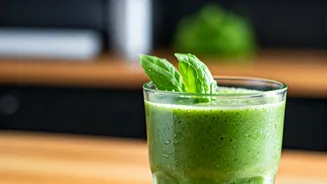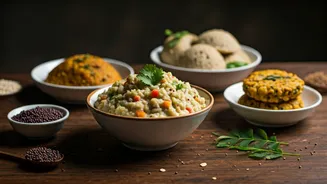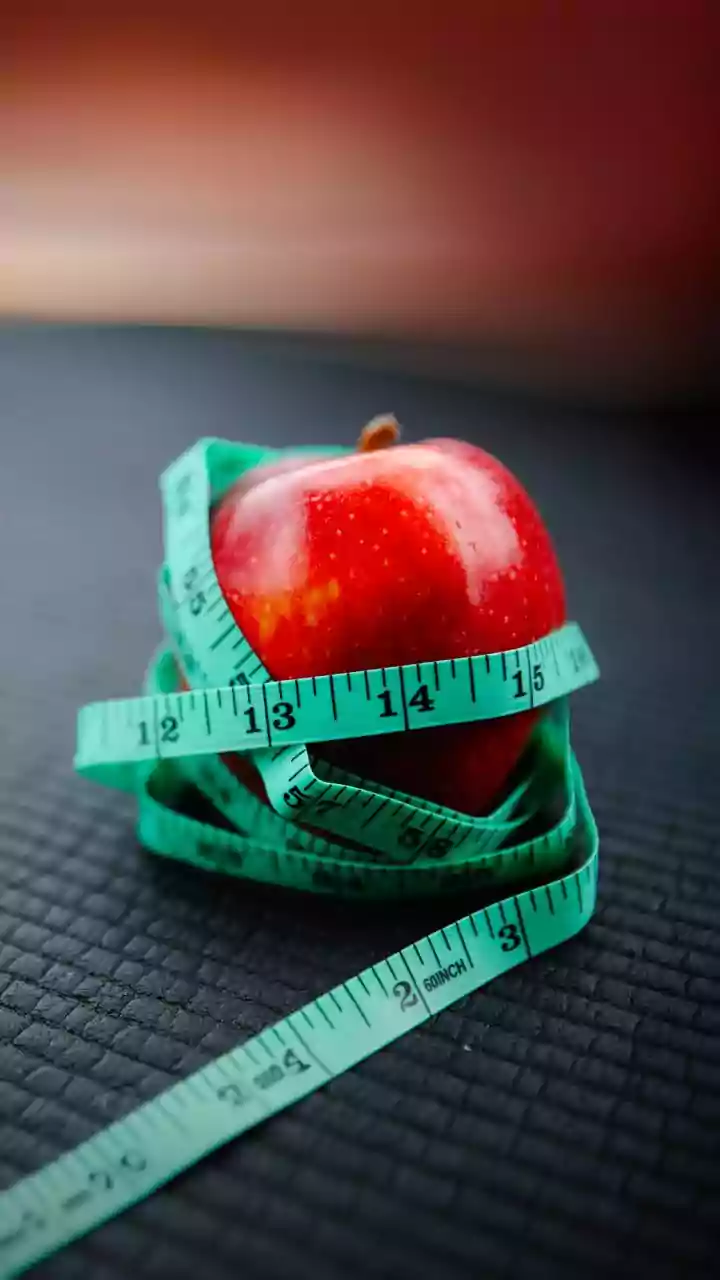Water: The Foundation
Water is often the most underrated element in maintaining good health. It's the most basic and frequently overlooked drink for controlling blood sugar
levels. Staying well-hydrated is crucial as it supports kidney function, which plays a vital role in blood sugar regulation. When the kidneys function efficiently, the body can process excess glucose more effectively. Water also prevents dehydration, which can elevate blood sugar readings. It aids in flushing out excess glucose through urine, promoting a stable internal environment. This makes it an ideal choice for people looking to improve their health without any added ingredients or calories. Consider it your body's essential regulator.
Green Tea Powerhouse
Green tea is packed with antioxidants, which can contribute to better health, including helping with blood sugar control. Studies have shown that the compounds in green tea can improve insulin sensitivity, meaning your body uses insulin more effectively to manage blood sugar. It also slows down the absorption of sugar in the bloodstream. This prevents rapid spikes after meals. The antioxidants also protect against the damage that high blood sugar can cause. Opting for unsweetened green tea is key for maximizing these benefits. Regular consumption of green tea may help reduce the risk of type 2 diabetes and its related complications. It is a refreshing and beneficial beverage to include in your diet.
Herbal Tea Boost
Certain herbal teas can assist in managing blood sugar levels. For example, hibiscus tea has been shown to improve insulin sensitivity and decrease blood sugar levels. Similarly, cinnamon tea helps slow the absorption of glucose in the stomach. Bitter melon tea is another option as it mimics the effects of insulin, helping to move glucose from the blood into cells. These teas often contain minimal calories and no added sugars. This makes them a healthy alternative to sugary drinks. It's important to choose herbal teas carefully and ensure they are caffeine-free if you are sensitive to stimulants. Consulting with a healthcare professional can help you determine which herbal teas best suit your specific needs and health conditions.
Unsweetened Coffee Choice
Coffee, particularly unsweetened, may contribute to better blood sugar management. Research suggests coffee consumption is associated with a lower risk of type 2 diabetes. The effect may be due to the antioxidants, such as chlorogenic acid, found in coffee beans, which can help improve insulin sensitivity. Coffee can also boost metabolism, assisting the body in processing glucose more efficiently. It's essential to avoid adding sugar or sweeteners, as they counteract these benefits. Adding a small amount of milk or a non-dairy alternative can be acceptable. If you have concerns about caffeine's effects, opt for decaffeinated coffee. It still retains some beneficial compounds.
Vegetable Juices Strategy
Vegetable juices, especially those made with low-carb vegetables, can be a great option. Juices made from spinach, kale, and celery, provide essential vitamins and minerals without significant sugar content. These can help to stabilize blood sugar levels. Vegetable juices offer a quick way to consume nutrients, and they contribute to overall hydration. However, it's crucial to be mindful of portion sizes. Excessive consumption of any juice, even vegetable juice, may lead to unwanted sugar intake. Always choose fresh, homemade juices whenever possible. Pre-packaged juices often contain added sugars and preservatives that diminish the health benefits. Integrating vegetable juices into your diet, alongside other healthy choices, can make a difference.
Considerations and Tips
When integrating these beverages into your diet, it's crucial to consider individual health conditions and preferences. Always consult a healthcare professional before making substantial dietary changes, especially if you have diabetes or other health issues. Monitoring your blood sugar levels regularly is important. This helps you understand how different drinks impact your body. Be aware of hidden sugars in flavored drinks, and always read labels carefully. Pairing your drinks with balanced meals can help to manage blood sugar spikes. Consistency is key when seeking to maintain healthy blood sugar levels. Combine these drink choices with regular exercise, a balanced diet, and sufficient sleep for optimal results. Small, sustainable changes can lead to meaningful long-term health improvements.






















